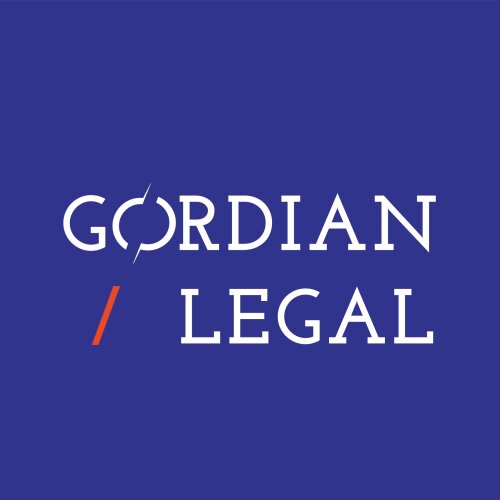Best Family Lawyers in Auckland
Share your needs with us, get contacted by law firms.
Free. Takes 2 min.
Free Guide to Hiring a Family Lawyer
List of the best lawyers in Auckland, New Zealand
About Family Law in Auckland, New Zealand
Family law in Auckland, New Zealand revolves around legislation, case laws, and legal procedures affecting familial relations. Central to family law are issues related to marriage, divorce, child custody, and domestic violence. It preserves the rights and obligations of family members while ensuring their protection. Family law often intervenes in significant life-changing situations providing a legal framework to manage difficult circumstances.
Why You May Need a Lawyer
Legal situations surrounding family matters can be emotionally charged and complex. Lawyers can provide much-needed objectivity and clarity, being versed in laws, regulations, and court procedures. Examples of situations where you may need help include divorce proceedings, child custody conflicts, spousal support issues, domestic violence cases, adoption procedures, and the division of marital property. A lawyer can both represent your best interests and guide you through the legal labyrinth.
Local Laws Overview
The key aspects of local family laws in Auckland typically encompass the Care of Children Act 2004, Property (Relationships) Act 1976, and the Family Violence Act 2018. These laws provide specific details on child custody arrangements, property division between partners, and protect persons from family violence respectively. Being aware of your rights and obligations under these regulations can be essential to navigate through family-based legal issues.
Frequently Asked Questions
1. How is property divided in a divorce?
Under the Property (Relationships) Act 1976, property acquired during the relationship is generally divided equally between the parties upon separation.
2. How is child custody determined?
The Care of Children Act 2004 centres on the child's best interests. The court considers various factors, including the child's relationship with both parents, the ability of each parent to provide for the child, and the child's wishes where appropriate.
3. What consists of family violence under the law?
The Family Violence Act 2018 includes physical, sexual, and psychological abuse, as well as financial or economic abuse. It also considers harmful behaviors such as intimidation, harassment, causing or allowing the child to see or hear ill-treatment of another person, and various types of coercive or controlling behaviors.
4. Can I represent myself in a family court in Auckland?
Yes, you can represent yourself in a family court. However, due to the complexities of the legal system, it can be very beneficial to have a lawyer to guide and represent you.
5. How long does a divorce take?
In New Zealand, you can apply for a divorce (dissolution of marriage) if you have been separated for two years. Once the application is made, the process usually takes about two months to complete.
Additional Resources
The Auckland District Law Society and New Zealand Law Society provide useful information and resources regarding family law. The Ministry of Justice and Community Law Centres offer legal services and advice. Support organizations like Shine and Women’s Refuge are available for those experiencing family violence.
Next Steps
If you need legal assistance, consider consulting a family lawyer who can guide you through the process. You may also wish to engage in a free consultation offered by many law firms to gain early advice. Remember to bring all relevant documentation and prepare any questions you may have to maximize these consultations.
Lawzana helps you find the best lawyers and law firms in Auckland through a curated and pre-screened list of qualified legal professionals. Our platform offers rankings and detailed profiles of attorneys and law firms, allowing you to compare based on practice areas, including Family, experience, and client feedback.
Each profile includes a description of the firm's areas of practice, client reviews, team members and partners, year of establishment, spoken languages, office locations, contact information, social media presence, and any published articles or resources. Most firms on our platform speak English and are experienced in both local and international legal matters.
Get a quote from top-rated law firms in Auckland, New Zealand — quickly, securely, and without unnecessary hassle.
Disclaimer:
The information provided on this page is for general informational purposes only and does not constitute legal advice. While we strive to ensure the accuracy and relevance of the content, legal information may change over time, and interpretations of the law can vary. You should always consult with a qualified legal professional for advice specific to your situation.
We disclaim all liability for actions taken or not taken based on the content of this page. If you believe any information is incorrect or outdated, please contact us, and we will review and update it where appropriate.
Browse family law firms by service in Auckland, New Zealand
Auckland, New Zealand Attorneys in related practice areas.

















